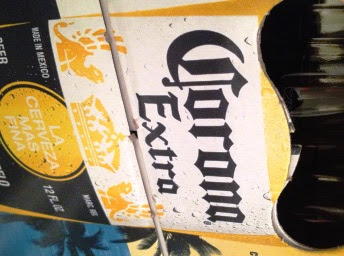Crown Imports, LLC (Crown) imports Corona beer from Mexico. In 2008, two of Crown's Southern California distributors, Classic and HBC, agreed that Classic would buy HBC's Crown distributorship. Crown denied approval of the transfer citing Classic's poor performance.

In 2008 and 2009, Classic won top-distributorship awards, and in 2010, Classic again sought Crown's approval to buy HBC's distributorship. But Crown again refused consent, and HBC sold its distributorship to Anheuser-Busch.
Classic sued Crown for interference, claiming that Crown had a secret plan to prevent Classic from acquiring HBC's distributorship. On appeal, the California Court of Appeal disagreed with Classic and with a lower court, and held that no genuine issues of fact existed as to whether Crown unlawfully withheld consent to the Classic/HBC transfer.
A plaintiff claiming interference must prove, among other things, that the defendant intentionally or negligently committed an independently wrongful act to disrupt an existing business relationship, which did disrupt the relationship.
Classic argued Crown unreasonably withheld consent to its purchase of HBC's distribution rights in violation of California Business and Professions Code Section 25000.9, which, Classic claimed, amounted to an independently wrongful act. Section 25000.9 says that "Any beer manufacturer who unreasonably withholds consent [to a distributor transfer] shall be liable to the [distributor]."
In rejecting Classic's arguments, the court held that since Section 25000.9 provides a remedy for disappointed sellers, not buyers, Crown's denial, even if it was unreasonable and violated Section 25000.9, was not an independently wrongful act. Moreover, the court opined, Section 25000.9 can be read to "permit a beer manufacturer to unreasonably deny approval [of] a transfer."
It ruled that "as long as a seller receives adequate compensation either from a successor purchaser or the manufacturer itself, there is no violation of the statute." The court further ruled that good policy reasons exist to let beer manufacturers unreasonably deny consent to transfers, provided they make the disappointed distributors whole. Under California law, beer distributors may not sell beer without first entering into written distribution agreements with manufacturers and filing the agreements with state. So, the court explained, if a manufacturer could not withhold consent, it would be forced to enter a new contract with the transferee distributor, even if it did not wish to do business with the new distributor.
Notwithstanding the court's reasoning and outcome in this case, California brewers should still keep in mind the risk that unreasonably denying consent to a distributor transfer may violate California law. Discretion remains a better part of valor.